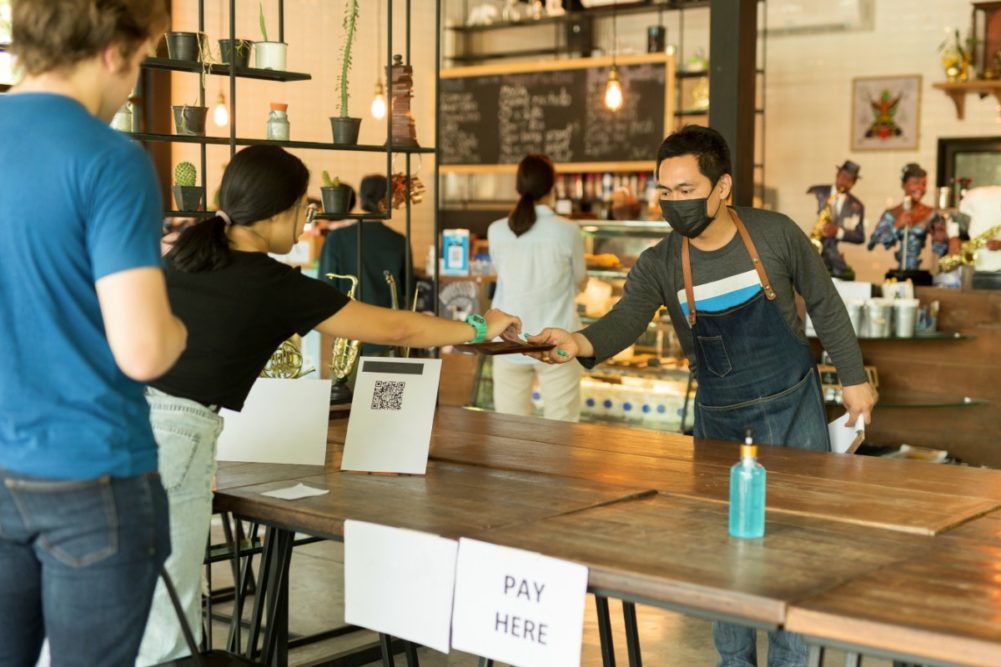NEW YORK – Diners remain uncertain about on-premises dining at restaurants, according to a new Zagat study of 7,000 Americans. Health and safety are the primary issues of concern as restaurants begin to reopen around the country following closures due to the coronavirus (COVID-19) pandemic.
The Zagat Future of Dining online study was conducted in May and distributed in partnership with the James Beard Foundation. Seventy-six percent of the 6,775 respondents reported that pre-COVID-19 they dined out two or more times per week.
"Restaurants play a vital role in every neighborhood,” said Chris Stang, chief executive officer of Zagat. “This study serves as further evidence that COVID-19 has had a devastating impact on the people, businesses, and the communities that rely so heavily on their operations."
Three out of four diners surveyed cited “health and safety concerns” as their biggest deterrent to dining out. Adding outdoor seating and reducing restaurant seating capacity indoors are ways to attract more diners who are hesitant to return. Eighty-three percent of the diners surveyed who said they are not immediately interested in returning to restaurants said they would be more likely to reconsider with increased social distancing measures in the restaurants, and if masks were worn by the staff.
Many diners are planning a “wait-and-see” approach when it comes to returning to restaurants. Two out of three diners said they plan to wait more than a week after restaurants start reopening to return to dining in. Of those respondents, 93% said they will wait more than three weeks and 20% said they will wait more than three months.
As expected, the number of consumers using restaurant delivery services increased during the stay-at-home orders of the pandemic. Sixty-nine percent of those surveyed ordered meal delivery pre-COVID-19. That percentage grew to 88% during the pandemic. Of the diners surveyed who expressed that they would not be returning to restaurants immediately, 82% said they will continue to take advantage of restaurant delivery.
"Our goal with conducting the Future of Dining study was to help understand the COVID-19 related challenges that restaurants face in hopes that the local, state and federal government will identify ways to assist the industry in returning to operation safely and rebuilding itself to best address consumers' needs,” Stang said.
The data from this survey will be shared as a resource for the James Beard Foundation's Open for Good initiative, which “helps independent restaurants survive.”


